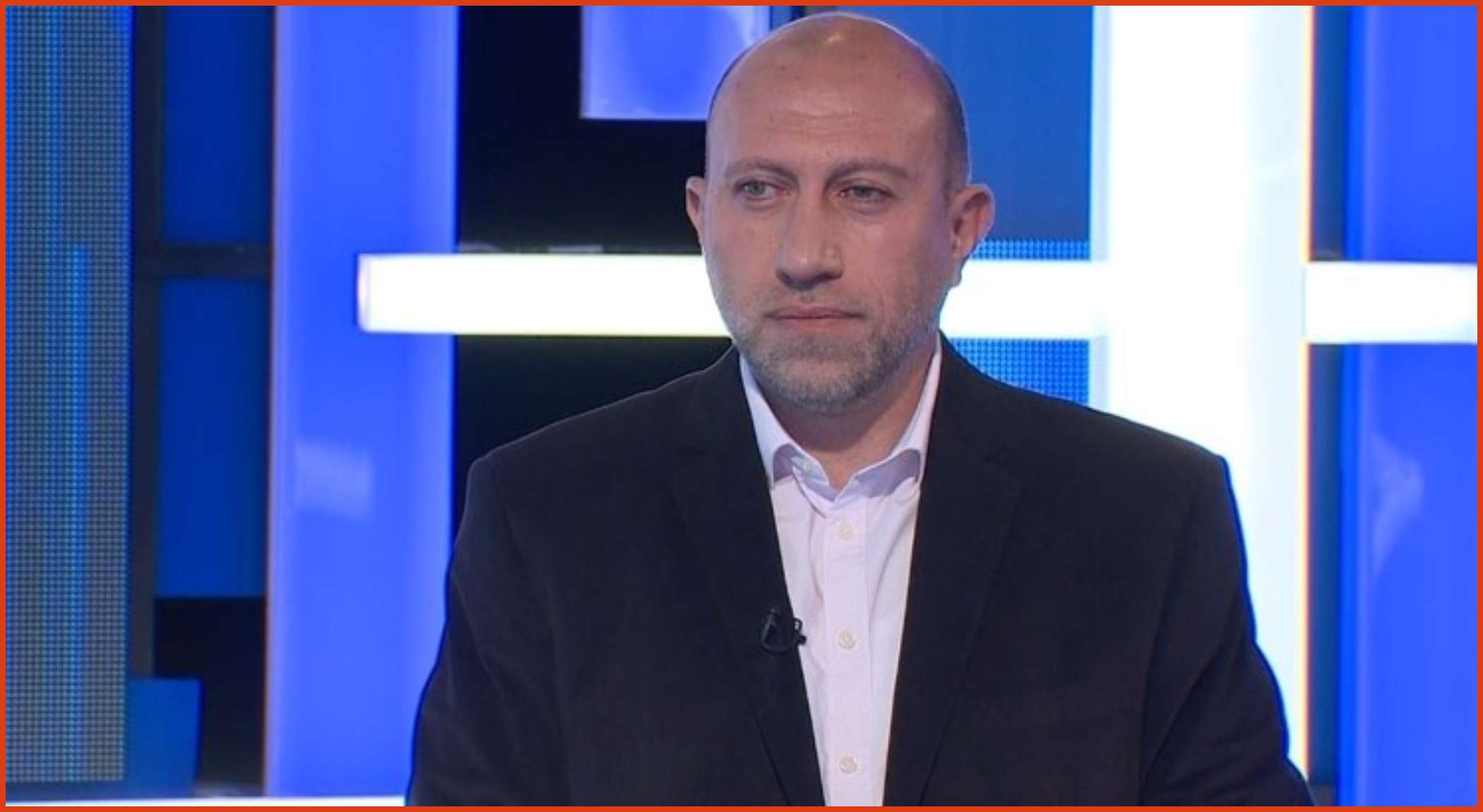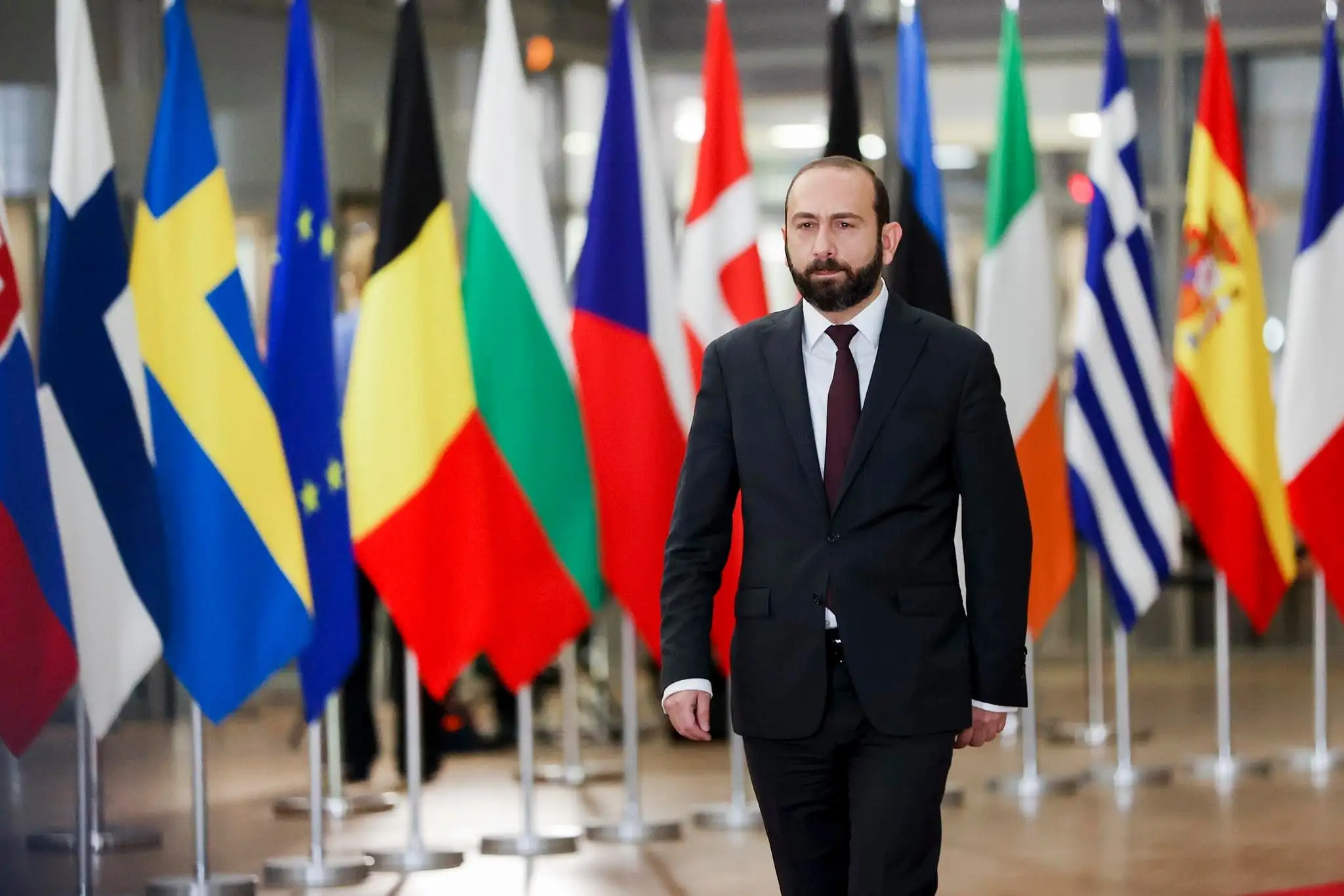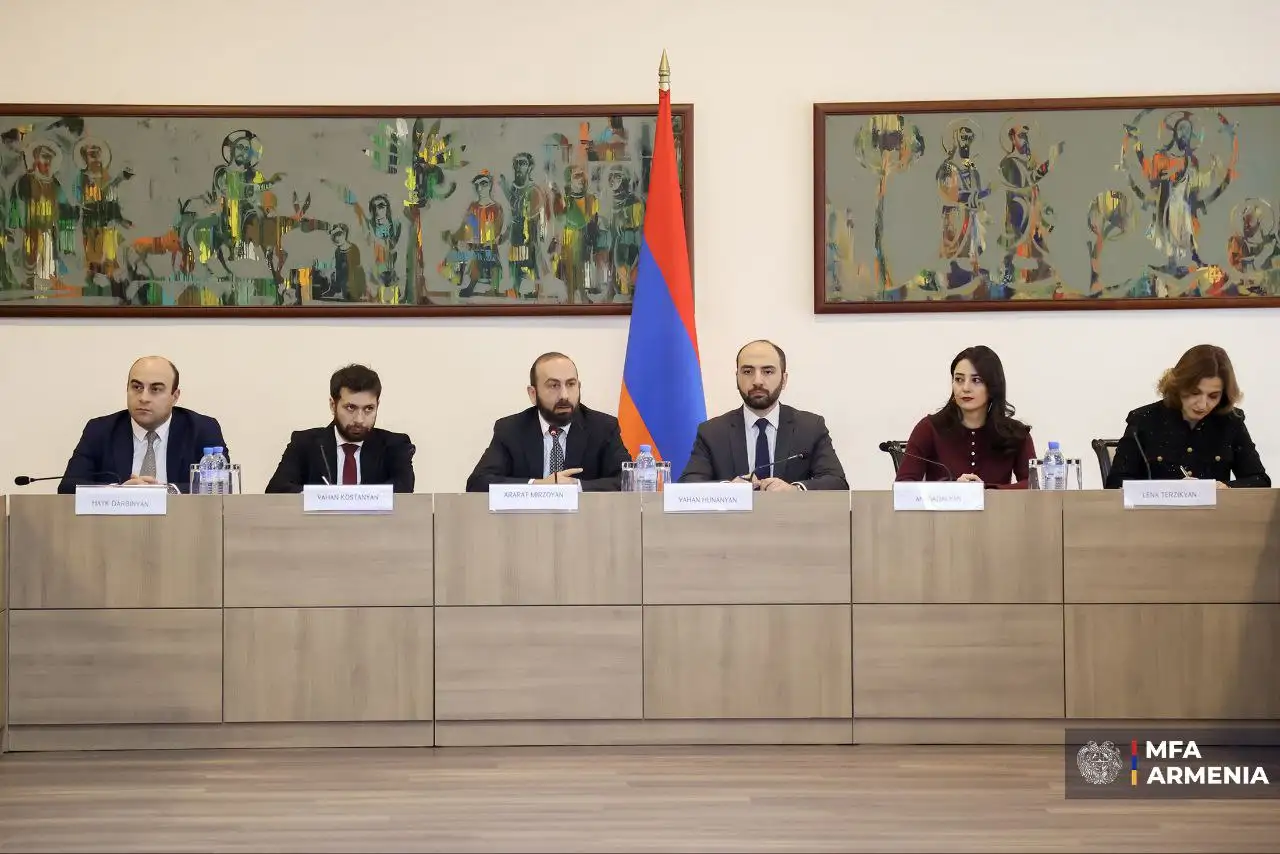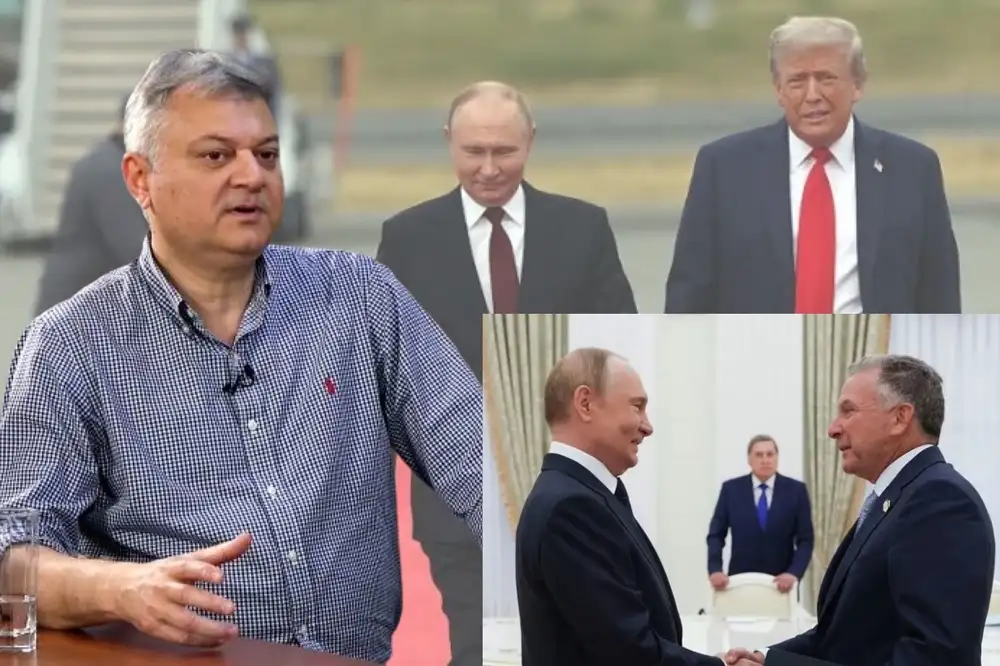Radar Armenia spoke with political commentator Hakob Badalyan about the developments in Artsakh.
-According to the information headquarters of Artsakh, today at 10:30 a.m., a group of Azerbaijanis in civilian clothes closed the Stepanakert-Goris highway, again for environmental reasons. What is Azerbaijan's real motive, and what are the consequences of continuing this action?
- I think Azerbaijan pursues its "traditional" goals, which Aliyev regularly announces in his speeches. The President of Azerbaijan touched on the topic of natural minerals last year, revealing that Azerbaijan will demand compensation from the international companies that have operated mines in the territory of Artsakh for years. And now, they are trying to deepen that problem with "environmental" actions to create a suitable environment to advance the situation. Of course, this is only one of the goals. This circumstance is a broader political tool for Azerbaijan to solve tactical and strategic issues. We also see that escalation steps are being taken in the direction of Lachine Corridor. In this regard, the position of Azerbaijan is known again: to equate the life activity regime of the Lachin Corridor with the life activity of the "Zangezuri Corridor." In reality, there should be only a cable connecting Nakhichevan to Azerbaijan, which will pass through the territory of Armenia. We know what the records are in the document of November 9, 2020. In that sense, Azerbaijan does not have an identification basis for referring to that document, but it is trying to create that basis with political provocations.
- Does Azerbaijan not violate the November 9, 2020, statement with this step?
- Of course, the steps that are being taken are a violation of the provisions of the November 9 document. Unfortunately, Azerbaijan has violated them not for the first time. Naturally, there is a question of responsibility for the violator and the main moderator of that document, Russia. But we also understand that Russia has problems in fully realizing its moderation in the Caucasus with full responsibility, taking into account the issues that exist in terms of the Ukrainian war and, as a result of them, the importance that Azerbaijani communications in the Caucasian direction and the Turkish direction have for Russia. Baku, understanding the lack of opportunities in Russia very well, is also trying to pressure the Russians.
- The Ministry of Foreign Affairs of Azerbaijan sent a diplomatic note to the Russian side. How would you interpret this? What is its purpose?
- In this way, Azerbaijan is trying to cancel the existence of the November 9 document as the basis of the political agenda. That document, no matter how much we consider it a result of a painful military defeat, nevertheless, after the war, at least for now, is the only document that defines certain obligations and formulations for Azerbaijan, which are a problem for Azerbaijan. And undoubtedly, Baku is trying to cancel that document and blur the agenda as much as possible. And Azerbaijan is trying to use Western mediation initiatives to solve this issue. In that regard, it is essential that when working with these initiatives, Armenia should raise the case of the basis of responsibility, which should be at the core of the relationship between the two sides, in front of their authors, be it the EU or the USA. And if the November 9 document is not being viewed here, what is being considered? If there is no such basis, it results in a rather irresponsible environment of responsibility for oral discussions, which is very blurred and can always be avoided and maneuvered. In response to Azerbaijan, Armenia should try to put the issue of the documented base of that responsibility in all initiatives, in this case, on November 9, until there is no other option.
Hayk Magoyan




















